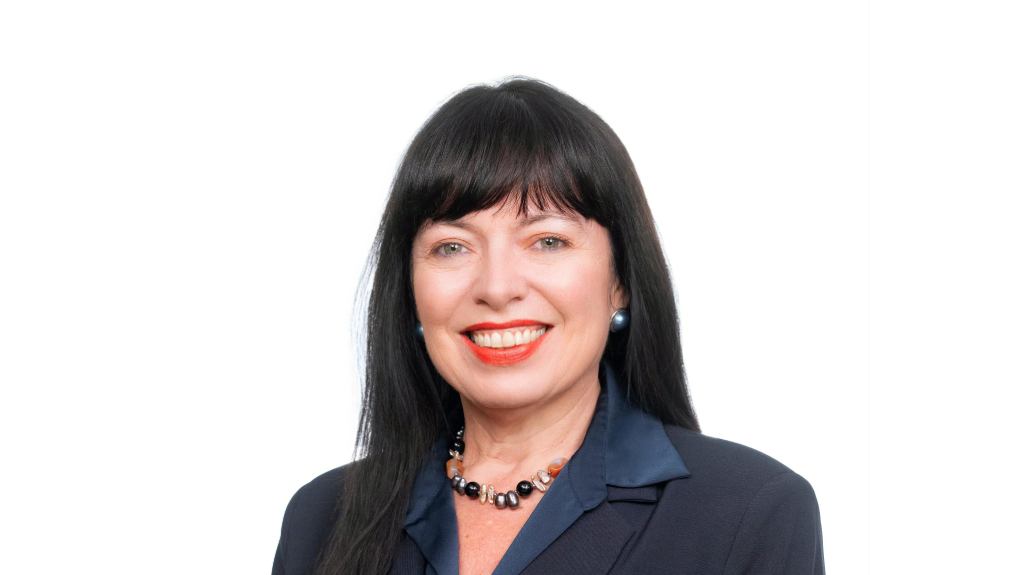University facilitates inclusion, access to opportunities for technical women


HANNELIE NEL Women offer unique skills and insights to drive and impact economic development
South African tertiary education institution, the University of Pretoria (UP), is empowering women by offering education and training courses rooted in science, technology, engineering and mathematics (STEM), consequently allowing them to access numerous opportunities and helping to cement their place in traditionally male-dominated sectors.
The UP Faculty of Engineering, Built Environment and Information Technology (EBIT) encourages young women to pursue careers in engineering and other technical fields, with the postgraduate programmes and courses of the Graduate School of Technology Management (GSTM) designed to prepare students for modern careers that require highly-skilled candidates.
For example, the launch of the UP GSTM’s WISE-UP Programme in October 2025 will “inspire, advance, retain, and uplift women in the technical professions in South Africa”, says UP GSTM Associate Professor Hannelie Nel.
“The programme will include leadership development for technical women, networking and engagement events, as well as national and global learning from the world’s most influential technical women leaders.”
By entering technical professions, women are able to add valuable skills and perspectives to the most critical challenges facing the world, including sustainable infrastructure, digital transformation, clean and renewable energy, health-related technologies, automation, AI and advanced manufacturing.
“Women who graduate from our technical programmes are highly educated and well equipped to excel in traditional and emerging industries,” adds Nel.
She asserts that women have made significant contributions to the engineering work environment, and they shape the culture of workplaces into collaborative and high-performing environments. Women also offer operation-enhancing benefits – including increased advocacy for ethical and value-based practice involving effective communication, emotional intelligence and creativity, as well as driving social innovation and community engagement – while fostering inclusive leadership.
Further, women tend to enjoy mentoring and developing talent, promoting collaboration and team cohesion and modelling resilience and adaptability.
“Through industry collaboration, mentorship, and global exposure embedded in our academic education and system, women drive and impact economic development and societal progress while positioning themselves as influential leaders and role models in their respective fields,” says Nel.
There are several examples of women who have graduated from the academic courses in the EBIT programmes – and who have developed industry-accredited skills that create opportunities in their disciplines.
For example, as part of UP’s post-graduate research and robotics instruction programme, EBIT master’s degree student Natalie Hanekom is deploying her expertise to improve people’s auditory communication experiences using speech enhancement signal processing. Hanekom will continue her post-graduate studies in bioengineering, with a focus on electronic engineering.
Final-year industrial engineering student Suné Jacobs has showcased applied engineering competence and boasts real-world impact. She received the South African Institute for Industrial Engineering award for Best Industrial Engineering Work in Industry in 2024.
“These projects exemplify how women are leading technical solutions, research innovation, community outreach and crossdisciplinary engineering teams. Their success underscores UP EBIT’s commitment to empowering women engineers as agents of positive change – in the lab, field, and in society at large,” says Nel.
She concludes that UP will maintain its contributions to the inclusion, advancement and empowerment of women by providing career-enhancing education and training programmes in the technical professions.
Article Enquiry
Email Article
Save Article
Feedback
To advertise email advertising@creamermedia.co.za or click here
Press Office
Announcements
What's On
Subscribe to improve your user experience...
Option 1 (equivalent of R125 a month):
Receive a weekly copy of Creamer Media's Engineering News & Mining Weekly magazine
(print copy for those in South Africa and e-magazine for those outside of South Africa)
Receive daily email newsletters
Access to full search results
Access archive of magazine back copies
Access to Projects in Progress
Access to ONE Research Report of your choice in PDF format
Option 2 (equivalent of R375 a month):
All benefits from Option 1
PLUS
Access to Creamer Media's Research Channel Africa for ALL Research Reports, in PDF format, on various industrial and mining sectors
including Electricity; Water; Energy Transition; Hydrogen; Roads, Rail and Ports; Coal; Gold; Platinum; Battery Metals; etc.
Already a subscriber?
Forgotten your password?
Receive weekly copy of Creamer Media's Engineering News & Mining Weekly magazine (print copy for those in South Africa and e-magazine for those outside of South Africa)
➕
Recieve daily email newsletters
➕
Access to full search results
➕
Access archive of magazine back copies
➕
Access to Projects in Progress
➕
Access to ONE Research Report of your choice in PDF format
RESEARCH CHANNEL AFRICA
R4500 (equivalent of R375 a month)
SUBSCRIBEAll benefits from Option 1
➕
Access to Creamer Media's Research Channel Africa for ALL Research Reports on various industrial and mining sectors, in PDF format, including on:
Electricity
➕
Water
➕
Energy Transition
➕
Hydrogen
➕
Roads, Rail and Ports
➕
Coal
➕
Gold
➕
Platinum
➕
Battery Metals
➕
etc.
Receive all benefits from Option 1 or Option 2 delivered to numerous people at your company
➕
Multiple User names and Passwords for simultaneous log-ins
➕
Intranet integration access to all in your organisation


















